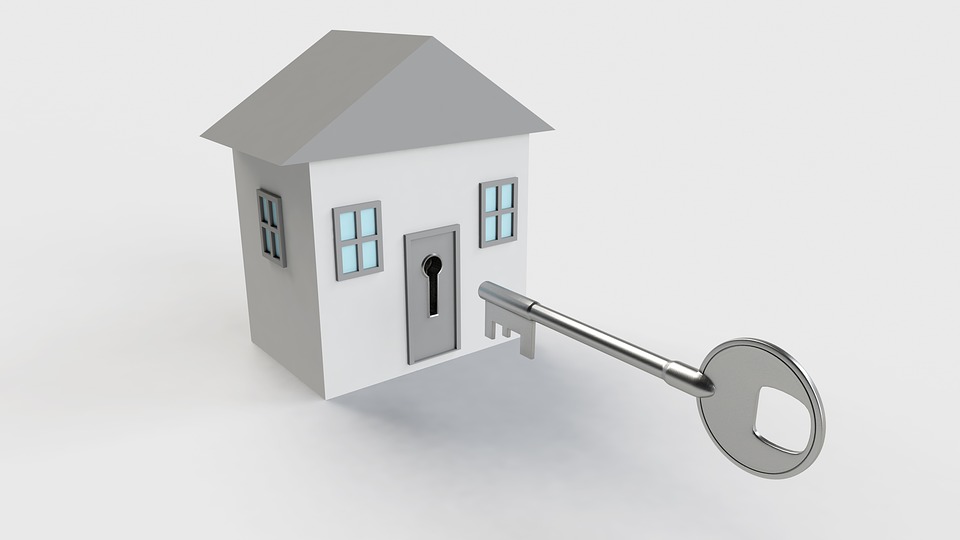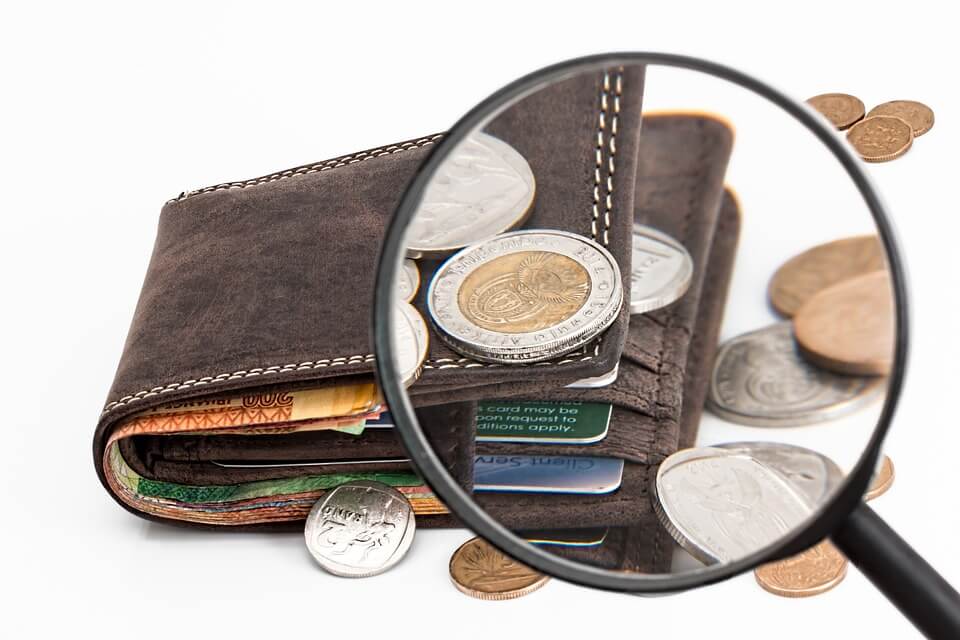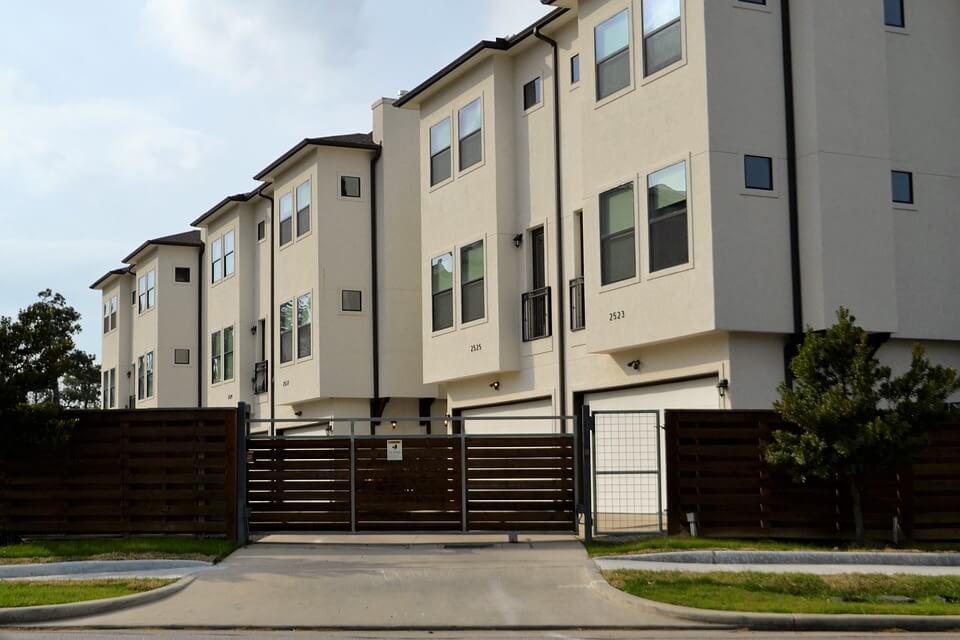6 Factors You Need to Consider Before Investing in a Rental Property
6 Mins Read
Published on: 21 August 2021
Last Updated on: 18 November 2024

toc impalement
Many people have become wealthy from investing in real estate, and rental properties are becoming very popular. It’s also very easy to get started in investing in rental properties, but there are a few things that you need to consider before investing.
#1: Is this the right type of investment for you?

There are several different things that one person could invest in, such as stocks, bonds, and mutual funds, just to name a few of the most common investments. Real estate is also a very profitable investment, but it comes with risks just like all of the other types of investments do. You have the opportunity to earn passive income (income that you don’t have to work too hard, or at all, for), and there are different ways to go about investing in real estate.
An example would be R.E.I.T.s or Real Estate Investment Trusts. R.E.I.T.s are similar in structure to mutual funds, and it is a company that owns or finances a property (usually a commercial property). They allow investors to own a portion of the property, without having to pay/finance it, maintain it, or deal with all of the work that goes into being the owner of a physical property.
Another route you can consider is off-plan property investment.
This involves purchasing a property while it’s still in the development or construction phase, typically at a cost below-market value.
This is a risky move (hence the notable price reduction), but if you’re patient/brave enough, it can lead to numerous benefits – such as strong rental yields and solid potential for high capital growth. ‘
#2: Should you finance or buy?
Most people don’t have the means to outright buy a property, so they have no choice but to finance. Financing a property is not a bad option to choose. Financing can actually generate more return, but it is likely that you will have to put down a down payment closer to 20%. But taking out a loan to finance a rental property doesn’t have to be scary, and they actually differ from regular home loans.
Do you want to know your financing options? Talk to your bank to determine the best finance options available for investment purposes. Ask and compare with other financial institutions to find out the best for you.
#3: Determine your down payment amount

Speaking of down payments, it is important that you know exactly how much (what percentage of the purchase price) money you are going to need as a down payment. For investment properties, you are almost always going to need to put down at least 20% of the purchase price as a down payment. Of course, you can get help with this from financing options— just be aware of home loan interest rates.
On the other hand, if you have always been good at saving money, then wait a little longer before making a purchase on a property. It may take some time, but it is possible to save a good amount of money in as little amount of time as a year.
#4: Choose the type of property you’d like to invest in
Did you know that there are different types of properties that you can invest in? R.E.I.T.s was mentioned earlier, as a less risky way to invest in commercial properties, but your returns are not as high as investing in actual commercial property. You can also invest inland, but it is extremely important to make sure it’s profitable land in order to see a return on your investment. Then there are your everyday residential properties.
When comparing REITs vs buying real estate, you need to weigh the pros and cons of each option. For instance, investing in a fractionalized asset might be more convenient for you than buying a property and managing the rentals. This REIT investment allows you to own real estate shares through dividends from a company that invests in rental residential and commercial properties.
On the other hand, buying real estate can be more beneficial for you if you’re in your retirement years and prefer to manage your investment yourself. Receiving monthly rental income is a profitable investment that can help sustain your needs and provide you with personal savings.
Check out the types of property that you can invest in:
a. Residential Real Estate-
Residential real estate refers to properties that are used as housing but have five or fewer units. So this includes single-family homes, duplexes, and quadruplexes, but it excludes apartment complexes. Residential properties are the most common type of real estate that people invest in. Many investors purchase these duplexes and quadruplexes, as well as single-family homes to rent to others. You can even invest in a vacation home to rent to both tourists and travelers, and to use for yourself.
b. Commercial Real Estate-
Conversely, commercial real estate is considered to be property used for business as opposed to residency. Apartment complexes are a special case because while they are technically residential, it is also a place of business. Sometimes apartment complexes are considered to be mixed-use properties.
Commercial properties include malls/shopping centers, restaurants, hotels, office buildings, and industrial buildings. They are much more expensive to purchase and finance than residential properties (which is why more people invest in R.E.I.T.s), but they do generate higher and more consistent returns.
#5: Choose the location of your property wisely

Location matters with any type of real estate property you choose to invest in. With every type of property, the key thing to look for is an area that is projected to see a lot of economic growth. A city where the population is increasing is a great indicator of seeing a profit with both residential and commercial properties, as well as land.
Specifically, with residential properties, you will also want to make sure that the home you choose to invest in is located in a good neighborhood, with both low crime rates and low property taxes. Other good signs to look for include a good school district and access to several forms of entertainment, such as movie theaters, parks, restaurants, and malls.
The prices of pre-selling properties heavily influence their location. So, you might consider investing in pre-selling properties, which usually have good locations, but the prices are not as high as ready to occupy properties. Examples include apartments, condominiums, townhouses, and single-attached homes. Pre-selling properties usually have strategic locations that developers find promising for residential and commercial purposes.
#6: Weigh out your risks before making the purchase
As mentioned above, investing in real estate is still a huge risk, although you are very likely to see a return on your investment. You will be able to earn passive income, but there is still a lot of work that needs to be done as a landlord, and you will have to deal with your tenants’ maintenance requests and possible rent issues. You can hire a property manager, but that will cost you more money.
Because it is real estate, the property will increase in value, but there’s still the chance that what you earn will not be enough to cover the mortgage payments. There are risks and rewards to investing in real estate, and you must determine which risks you are willing to take.
Once you have taken all of these factors into consideration, then you will be able to determine if investing in a rental property is the right move for you. It takes time and patience to see the profit you want, but by educating yourself on the real estate market and how to be a successful property owner, you are likely to succeed.
Our Bonus tips for today: Don’t let the risks and complications of real estate investments reign over you. Check out our guide that will help you be better in REIs.
Read Also:


















Comments Are Closed For This Article